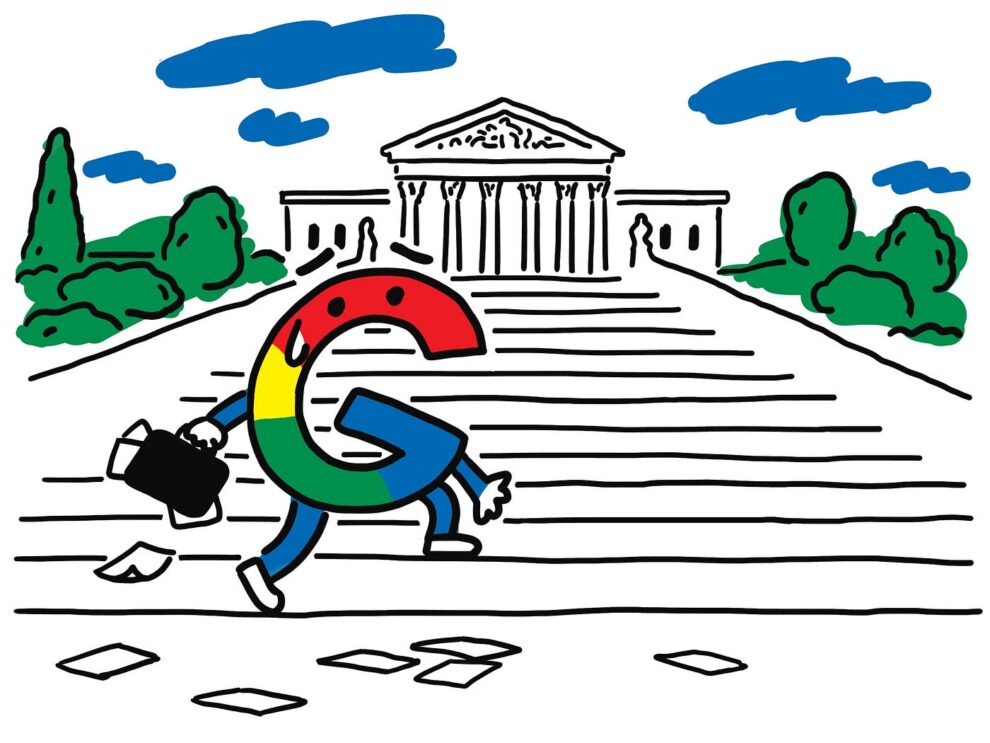In a landmark trial that could reshape the digital landscape, Google faces serious antitrust allegations from the U.S. Department of Justice (DOJ). The case scrutinizes Google’s dominance in the search engine market and its extensive use of default setting agreements with smartphone manufacturers like Apple. These agreements have been accused of stifling competition and maintaining an illegal monopoly.
Understanding the Case
The DOJ argues that Google has abused its market dominance by making its search engine the default on billions of devices, effectively limiting competition from other search engines like Microsoft’s Bing and the privacy-focused DuckDuckGo. This has been particularly highlighted by Google’s substantial payments to Apple to secure default status on iPhones and Mac computers, a practice that has attracted the most scrutiny due to its scale.
The Arguments at Play
Google defends its practices by claiming that setting its search engine as the default simply improves user experience by reducing friction and providing seamless internet navigation. On the flip side, the DOJ contends that these default settings restrict consumer choice and prevent other companies from competing on a level playing field. This lack of competition could ultimately harm consumers by reducing innovation and potentially leading to higher costs for advertising).
Potential Outcomes
The court’s decision could range from a complete vindication of Google’s practices to significant penalties, including breaking up parts of its business or altering how it negotiates default agreements. The nuances of antitrust law mean that the outcome could hinge on whether the judge believes the consumer benefits of Google’s defaults outweigh the competitive harms. There is also the possibility of a settlement, though this would likely involve concessions from Google to modify its business practices.
Broader Implications
This case is pivotal not just for Google but for the entire tech industry. It sets a precedent for how antitrust laws are applied to digital monopolies, especially at a time when similar scrutiny is being directed at other tech giants. The outcome could influence how tech companies structure their agreements and manage their market dominance going forward.
As the tech world watches closely, the resolution of Google’s antitrust trial will likely have far-reaching effects on the industry’s structure and on consumers’ daily interactions with technology. Whether this will result in more robust competition or simply a reshuffling of current practices remains to be seen. The decision, expected to be made soon, will be a significant chapter in the ongoing dialogue about regulation and power in the digital age.

























Add Comment